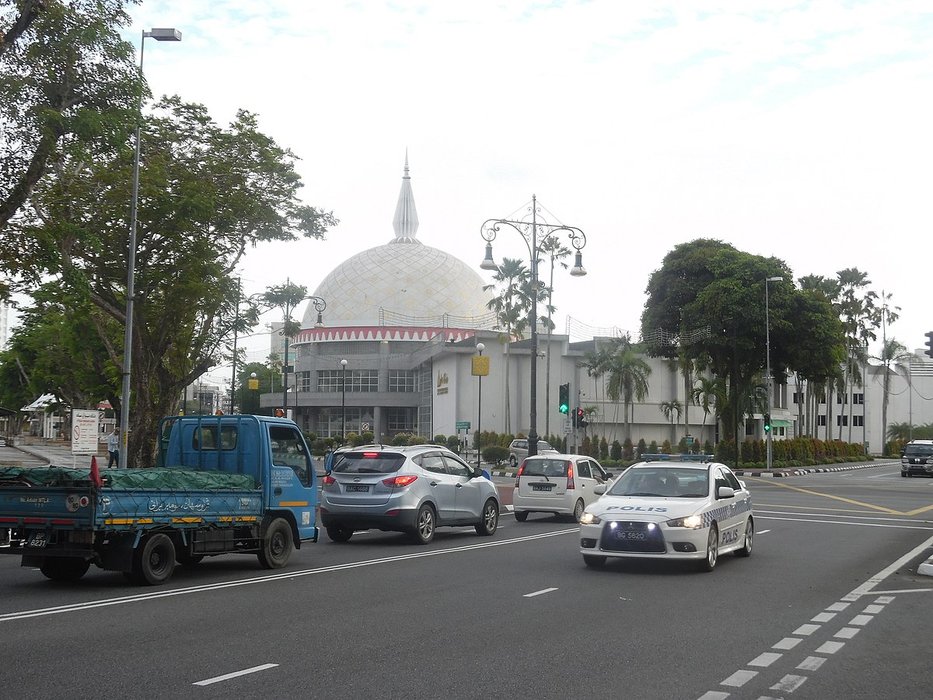
The state of civic space in Brunei is rated as ‘repressed’ by the CIVICUS Monitor and there has been no documented progress on improvements to fundamental freedoms. Brunei is an absolute monarchy in which the Sultan, the head of state, exercises executive power and in which there are no elected representatives at national level. The Sultan continues to wield power under a long-standing state of emergency imposed in 1984. It is categorised as ‘Not Free’ by Freedom House in its 2023 update.
Expression
In March 2023, the US State Department published its Country Reports on Human Rights Practices. The report noted that there are no provisions protecting freedom of speech in the constitution or laws. Under the Sedition Act 1948 it is an offence to challenge the royal family’s authority or to challenge “the standing or prominence of the national philosophy, the Malay Islamic Monarchy concept.” The law also criminalises any act, matter or word intended to promote “feelings of ill will or hostility” between classes of persons or to “wound religious feelings.” Further, as previously documented, the Sharia Penal Code includes provisions barring contempt for or insult of the sultan, the administration of sharia, or any law related to Islam. In October 2022, a Malaysian film was banned in Brunei as it contained elements allegedly inconsistent with Islamic teachings.
The Newspapers Act 1958, as amended by the Local Newspapers Order 2001, allows the government to close a newspaper without giving prior notice or showing cause and requires local newspapers to obtain operating licences and prior government approval for hiring foreign editorial staff, journalists and printers. Journalists commonly reported practising self-censorship because of social pressure, reports of government interference and pressure, and legal and professional concerns. The government censors online content and has the capability to monitor private online communications.
The country is ranked in 144th place out of 180 countries in the Reporters Without Borders 2022 press freedom index.
Peaceful Assembly
Long-standing emergency powers are used to restrict the right to assembly. According to the Public Order Act, police may disband an unofficial assembly of five or more persons deemed likely to cause a disturbance of the peace. Permits require the approval of the minister of home affairs. The government routinely issued permits for annual events but has in recent years occasionally used its authority to disrupt gatherings deemed politically or otherwise sensitive.
Association
The US State Department report also noted that the law does not provide for freedom of association. Under the 2005 Societies Order, no more than 10 people can associate for a purpose without registering. Neither domestic nor international human rights groups could operate freely due to government restrictions. A few domestic organisations work on humanitarian issues, such as assistance for victims of domestic violence or provision of free legal counsel.